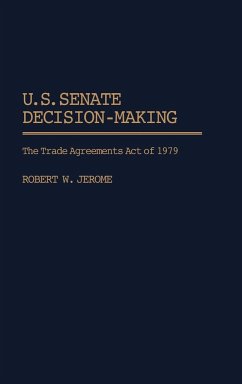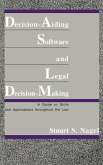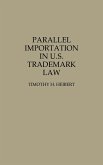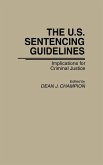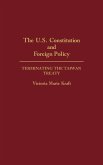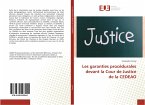This book illuminates the decision-making process of the U.S. Senate by examining the Trade Agreements Act of 1979. The purpose of Jerome's study is threefold: first, to discuss the legislative process dealing with the act, and thereby to document the particular nature of Senate decision-making. Second, the author reviews current decision-making theories and examines various points of his case study to see how reality conforms with the theories. Finally, he suggests revisions of the decision-making theories. Jerome creates three broad theoretical categories to analyze the Senate decision-making process: The first stresses a structural approach; the second emphasizes factors that influence the decision; and the third emphasizes specific behavioral patterns. Over the course of the decision-making process, the author argues, no one dimension is necessarily more important than another. He develops a model that views the process as a time line or braided rope with each of the three dimensions comprising one cord of the rope. By slicing through this rope the decision process can be examined at various points, emphasizing the strengths and weaknesses in each of the individual theories. Because Jerome's conceptual framework is based on an insider's perspective, his work will be of considerable interest to political scientists studying decision-making theories and the legislative process. Economists interested in trade policy will also find this book useful.

